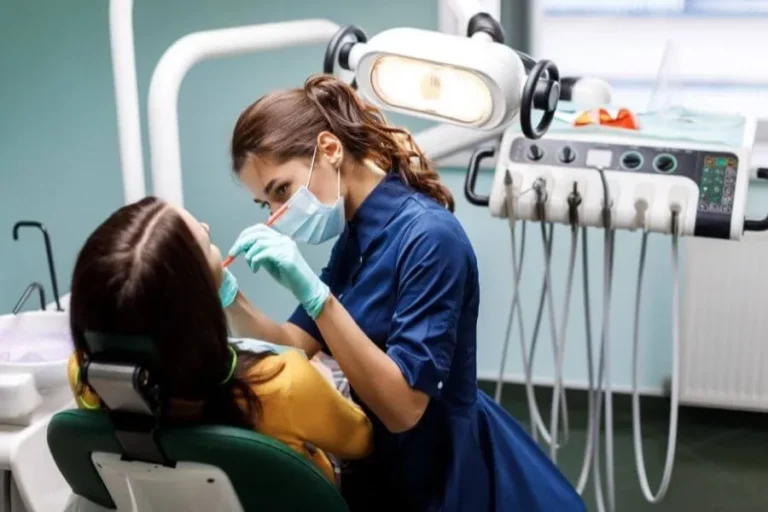The Impact of Nutrition and Diet on Alcohol Addiction Recovery: A Crucial Component of Healing
Recovering from alcohol addiction involves more than just abstaining from alcohol. It’s a comprehensive process that includes physical, mental, and emotional healing. One often overlooked aspect of alcohol addiction recovery is nutrition. The body endures significant damage during prolonged alcohol use, and proper nutrition is key to restoring balance and promoting overall well-being. In fact, nutrition plays an essential role in alcohol use disorder treatment, helping to support the body and mind as they heal from the effects of chronic alcohol abuse.
How Alcohol Affects the Body and Nutrition
Alcohol use has a direct impact on the body’s ability to absorb and utilize essential nutrients. Heavy and prolonged drinking leads to nutritional deficiencies, as alcohol interferes with the body’s ability to absorb key vitamins and minerals such as B vitamins, zinc, magnesium, and vitamin D. This malnourishment exacerbates the physical and emotional symptoms of alcohol use disorder, making recovery more challenging. Therefore, in the early stages of alcohol use disorder treatment, addressing these nutritional deficiencies is critical for the individual’s recovery journey.
Additionally, alcohol is high in empty calories, which provide no real nutritional value. People with alcohol use disorder often neglect balanced meals, relying on alcohol for caloric intake instead of obtaining energy from nutritious foods. This pattern results in weakened immune systems, impaired cognitive function, and reduced energy levels—all factors that can complicate the recovery process.
The Role of Proper Nutrition in Alcohol Use Disorder Treatment
Incorporating a healthy diet into alcohol use disorder treatment can dramatically improve recovery outcomes. Nutrition helps repair the damage caused by alcohol and supports the body’s healing process. By replenishing vital nutrients and promoting overall health, proper nutrition can improve both the physical and mental well-being of individuals recovering from alcohol addiction.
- Rebuilding Physical Health
A nutritious diet helps restore the body’s strength and resilience after prolonged alcohol abuse. Foods rich in vitamins, minerals, and antioxidants aid in detoxification and repairing damaged tissues and organs, including the liver and brain. For example, fruits and vegetables rich in vitamins A, C, and E can boost the immune system, while lean proteins help rebuild muscle mass lost during periods of malnutrition. - Mental Health and Cognitive Recovery
Alcohol use disorder treatment isn’t just about addressing the physical body; mental health is equally important. Proper nutrition plays a crucial role in stabilizing mood, enhancing cognitive function, and promoting emotional well-being. Omega-3 fatty acids, found in foods like fish and flaxseed, are known to support brain health and improve mood regulation. Complex carbohydrates from whole grains also stabilize blood sugar levels, preventing mood swings and reducing cravings. - Reducing Cravings
One of the most difficult aspects of alcohol use disorder treatment is managing cravings. A well-balanced diet can help regulate blood sugar levels, which reduces the intensity and frequency of cravings for alcohol. High-protein snacks and complex carbohydrates like whole grains, beans, and legumes can prevent drastic blood sugar fluctuations that often trigger cravings.
By incorporating nutrient-rich foods, staying hydrated, and addressing deficiencies, individuals in recovery can significantly improve their chances of maintaining sobriety and living a healthier life. Proper nutrition supports the entire recovery process, from detoxification to relapse prevention, making it an indispensable part of any comprehensive alcohol use disorder treatment plan.






